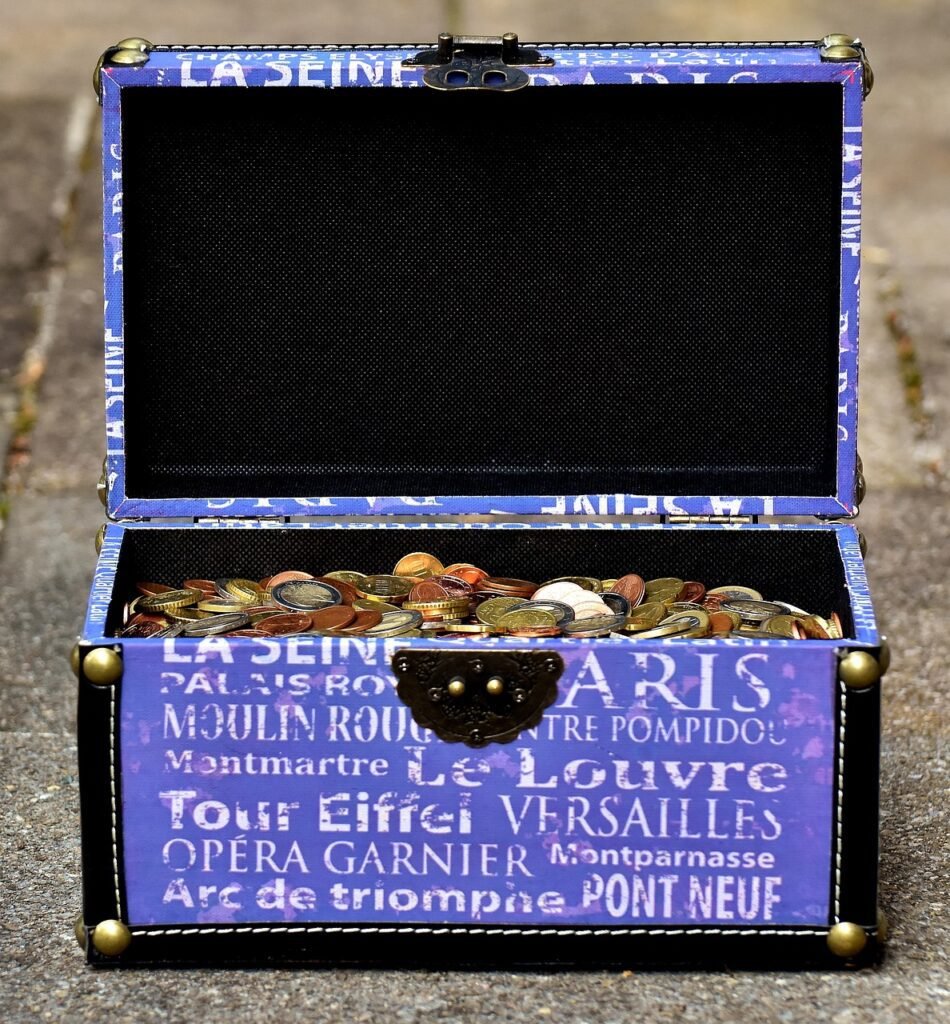If you have moved or are going to move abroad and are lost, how to transfer money abroad or to your home country? Don’t worry, we’ll help you send money abroad or bring money from there to wherever you want in the most appropriate way!!

As more people seek international experiences, transferring money out of the country has become a common need. To facilitate this process, understanding the rules, deadlines, fees and essential requirements allows you to avoid losing money and committing infractions. With technological advances, carrying out this operation has become faster and simpler, but choosing a reliable company is still essential.
Precautions Before Initiating Your Transfer:
Thorough Research: Before choosing a platform, evaluate user reviews, developer comments, and the date of the last update of the application or platform you will be using, ensuring reliability.
Get Information: At the time of the money transfer, don’t forget to check the foreign currency exchange rate and do a simulation. Keep track of exchange rate fluctuations and prefer to send the remittance at more favorable times. Additionally, check the sending fees, the IOF, and always compare the final amount the recipient will receive.
Quote and Simulation: Before the transfer, check the foreign currency exchange rate, do simulations, and monitor exchange rate fluctuations to choose the best time to send.
Conversion to Local Currency: Choose conversion to the local currency of the destination country, if possible. Otherwise, opt for the most commonly used currency in the region.
Difference Between Transaction Types: Compare the available transaction types, choosing between international bank account transfer or receiving at a local store.
The Central Bank of your country is the governmental body that regulates the sector and establishes the limits for sending money to other countries. Currently, the limit without proof of income could be different from one region to another.
The purchases or sales of foreign currency related to international travel, along with unilateral transfers, can be carried out through correspondents contracted by institutions authorized to operate in exchange. Any company regularly authorized to conduct commercial activities can be hired by a financial institution authorized to operate in exchange to act as its correspondent.

Types of Bank Transfers Abroad:
Conventional Bank Transfers: When using a conventional bank, you can make international transfers, but be prepared for disadvantages such as high fees and an unfavorable exchange rate, resulting in significant money loss and delays in the process.
Postal Service: Although less popular, the Postal Service offers services to receive money from abroad through international postal orders, with limits and a timeframe of 5 to 15 days for completing the operation.
Specialized Platforms: Offering an agile and efficient alternative to traditional methods, these platforms enable the transfer of funds quickly and securely. With intuitive interfaces and simplified procedures, these platforms provide a seamless user experience. Additionally, many of them offer competitive fees and favorable exchange rate options, making them a convenient choice for those seeking to carry out international financial transactions effectively.
Specialized Service Platforms
Very well Known by its competitive rates, XE is an online platform that allows for the conversion of foreign currencies and international money transfers. It provides real-time exchange rate monitoring and tools for managing international finances. It offers transfer services to nearly 200 countries.
Wise is a renowned for providing exchange rates that are close to those practiced in the market, Wise stands out for its transparency and ease in its operations. The platform covers more than 55 currencies, including the option of credit and debit cards, and offers transfer services in almost 100 countries
Popular Choice for International Transfers, with Competitive Rates and Real-Time Tracking of Transfers. You can use Remitly to transfer money to 150+ countries worldwide, including the Philippines, India, Mexico, and over 40 African countries
Western Union is a traditional option with online and in-person transfers, featuring an extensive network of locations worldwide. Available in over 200 countries and territories, with a presence of over 150 million retail and digital customers worldwide.

Globally recognized, PayPal offers convenience for international transfers, although fees may vary. It serves over 200 countries/regions and supports 25 different currencies.

Sendwave is a direct way to send money to specific African countries that other money transfer platforms don’t support.
The Best Choice to Transfer your Money Abroad?
When choosing between these options, consider the value of transferring money abroad, the urgency of the transfer, and the associated fees. For smaller amounts, specialized services may be advantageous, while larger transfers may justify the use of conventional banks. Digital platforms are often favored as they are fast and have lower costs.
In summary, when transferring money abroad during your life as an expatriate or for personal needs, choose the option that best suits your requirements. Conventional banks offer security, but specialized services provide convenience and, in some cases, financial savings. Detailed research and fee comparisons will ensure a smooth financial transition.




